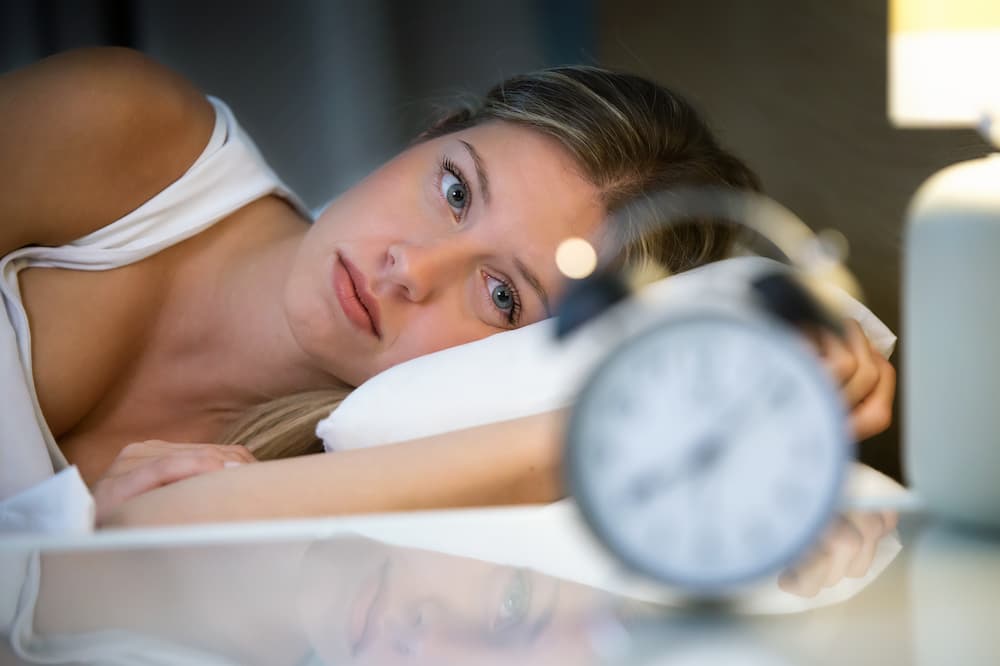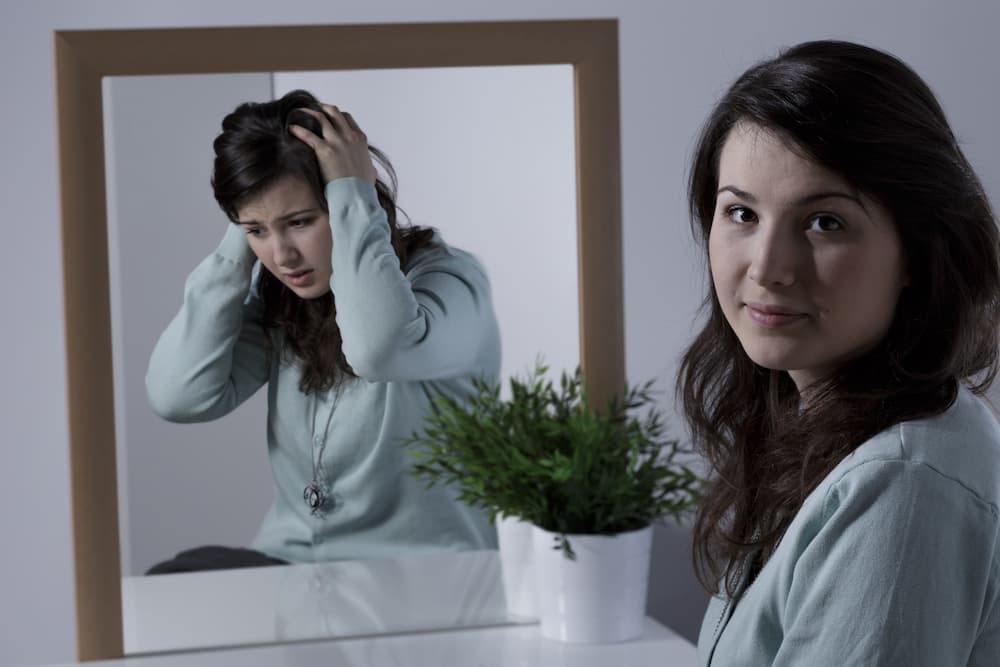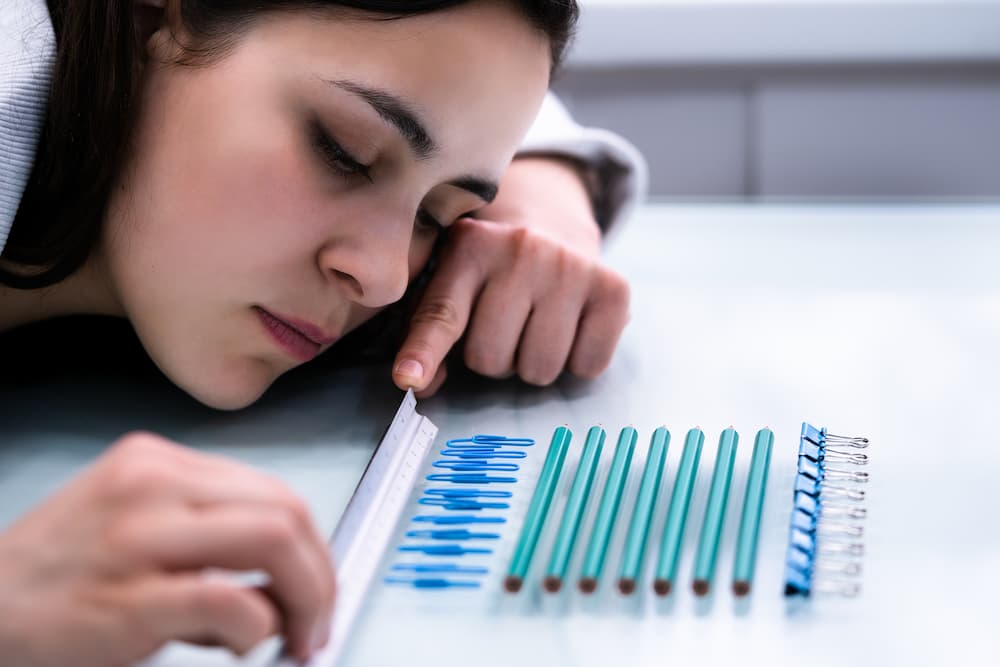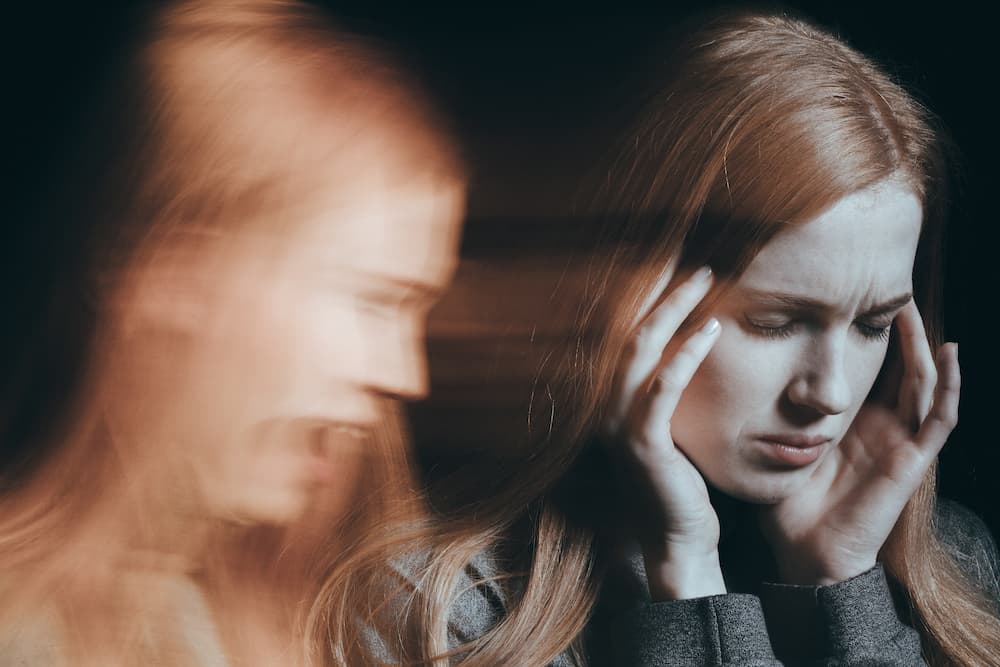DEPRESSION
A pervasive mental health disorder characterized by persistent low mood, loss of interest or pleasure in activities, fatigue, and feelings of worthlessness. It often hampers daily functioning, impacting relationships and work. Symptoms may include changes in appetite and sleep patterns, leading to a profound sense of despair.
TREATMENT
Common treatments include SSRIs (Selective Serotonin Reuptake Inhibitors) like Zoloft or Prozac and therapy modalities such as CBT (Cognitive Behavioral Therapy) aim to address negative thought patterns.

ANXIETY
A condition marked by excessive worry, fear, and unease, often accompanied by physical symptoms like restlessness, muscle tension, and rapid heartbeat. Anxiety can interfere significantly with daily life, affecting work, relationships, and overall well-being.
TREATMENT
SSRIs like Zoloft and benzodiazepines like Xanax are commonly prescribed. Therapeutic approaches include CBT to reshape anxious thought patterns and exposure therapy for confronting fears.

ADHD
Attention Deficit Hyperactivity Disorder manifests as persistent patterns of inattention, hyperactivity, and impulsivity that can impair daily functioning. Common in childhood, it often persists into adulthood.
TREATMENT
Stimulant medications like Adderall and non-stimulants like Strattera are used. Behavioral therapy aids in developing coping strategies and organizational skills.

PTSD
TREATMENT
SSRIs like Zoloft and therapy, particularly EMDR (Eye Movement Desensitization and Reprocessing), help process traumatic memories.

INSOMNIA
A sleep disorder characterized by difficulty falling or staying asleep, leading to impaired daytime functioning. Insomnia can result from various factors, including stress, lifestyle, and underlying health issues.
TREATMENT
Medications include benzodiazepines like Temazepam and non-benzodiazepines like Zolpidem. Cognitive Behavioral Therapy for Insomnia (CBT-I) targets sleep habits and thought patterns.

BIPOLAR DISORDER
This mood disorder involves extreme mood swings, cycling between manic highs and depressive lows. Manic episodes encompass heightened energy, impulsivity, and euphoria, while depressive episodes involve sadness, lethargy, and feelings of hopelessness.
TREATMENT
Mood stabilizers like Lithium, psychoeducation and psychotherapy, including Interpersonal and Social Rhythm Therapy, aid in mood management.

OCD
Obsessive Compulsive Disorder is characterized by intrusive, distressing thoughts (obsessions) leading to repetitive behaviors or mental acts (compulsions) aimed at reducing anxiety.
TREATMENT
OCD can significantly impact daily life, and treatment involves SSRIs like Luvox and exposure and response prevention therapy form a cornerstone of treatment.

GRIEF
TREATMENT
Supportive therapy and grief counseling help individuals navigate the stages of grief and adjust to life without the deceased.

EATING DISORDER
TREATMENT

SCHIZOPHRENIA
A severe mental disorder characterized by altered perceptions of reality, hallucinations, delusions, and impaired cognitive functioning.
TREATMENT
Treatment involves a combination of antipsychotic medications like Zyprexa or Abilify, therapy, and support to manage symptoms and improve overall functioning in daily life. Early intervention is crucial for a better prognosis.
